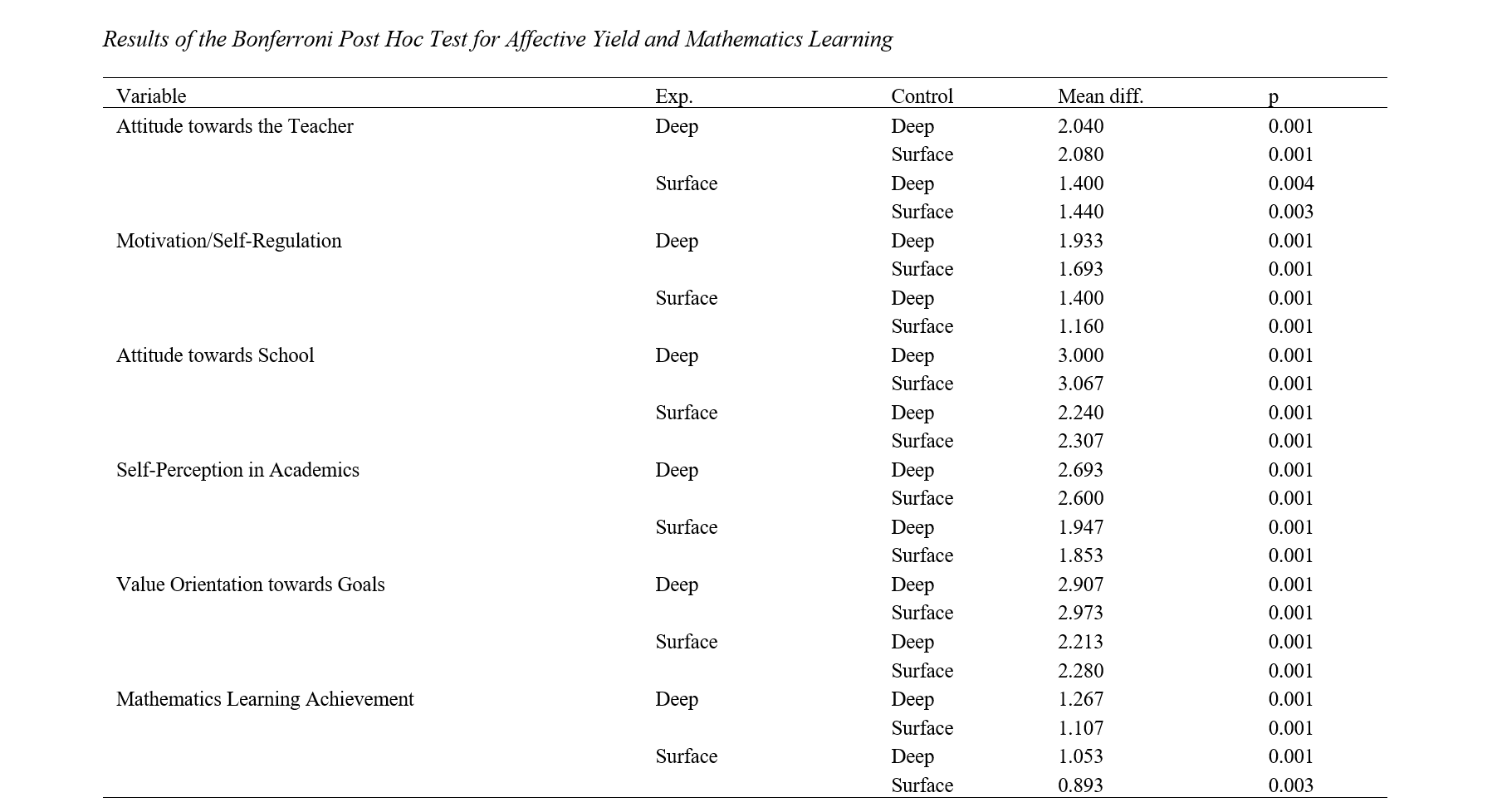The Effectiveness of Instructional Games Based on Social Constructivist Approach in Interaction with Learning Styles on Improving Affective Yield and Learning Achievement in Mathematics Among Female Students
Keywords:
Instructional games, Social constructivist approach, Learning styles, Affective yield, Mathematics learningAbstract
Objective: The current research aimed to examine the effectiveness of instructional games based on the social constructivist approach in interaction with learning styles on improving affective yield and learning achievement in mathematics among female middle school students.
Methods and Materials: The research method was a quasi-experimental design with pre-test, post-test, and a control group, including a two-month follow-up stage. The population consisted of all female middle school students in public schools in Hamedan during the 2023-2024 academic year. Initially, using simple random sampling, a school from district 1 of Hamedan was selected, and 100 students meeting the research criteria were chosen and then randomly divided into two experimental groups (25 students in deep learning and 25 in surface learning) and two control groups (25 in deep learning and 25 in surface learning). The experimental groups were exposed to six 90-minute sessions of instructional games based on the social constructivist approach; however, the control groups received no intervention and remained on a waiting list. Data were collected using Biggs and colleagues' (2001) two-factor learning process questionnaire, McCoach and Siegle's (2003) attitude towards school questionnaire, and a researcher-made questionnaire assessing mathematics learning. Data analysis was conducted using SPSS version 24, in both descriptive and inferential statistics (mixed ANOVA and Bonferroni post-hoc tests).
Findings: The results showed the intervention were significantly effective in improving affective yield and mathematics learning achievement (P<0.05). Additionally, the results indicated that instructional games based on the social constructivist approach were more effective in students with a deep learning style than those with a surface learning style in improving affective yield and mathematics learning achievement (P<0.05).
Conclusion: Based on the findings of this study, it can be concluded that instructional games based on the social constructivist approach can be an appropriate teaching method for improving affective yield and learning achievement, especially in middle school students with a deep learning style.
Downloads

Downloads
Additional Files
Published
Submitted
Revised
Accepted
Issue
Section
License

This work is licensed under a Creative Commons Attribution-NonCommercial 4.0 International License.








